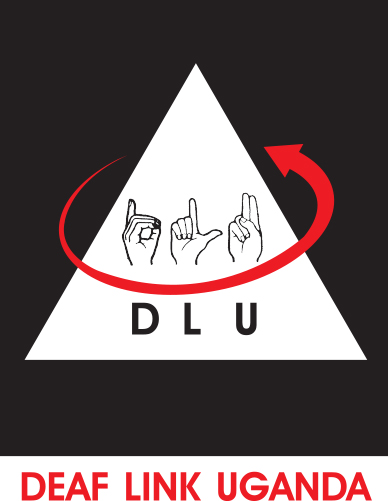Programmes
Despite possessing enormous potential, the majority of deaf people in Uganda are marginalized and relegated to a low socioeconomic status and are denied access to mainstream services and life opportunities. In most traditional societies, deafness is commonly associated with supernatural forces, with beliefs that it is caused by witchcraft. These misconceptions are responsible for widespread discrimination against deaf people at all levels of society, various forms of injustice, and the abuse of their human rights; language and communication are key challenges.
Cultural and socio-economic barriers are a hindrance to human development and curtail Deaf people’s ability to fully participate as productive individuals capable of leading meaningful lives as equal citizens. There is no specific data to provide information on numbers of deaf people in Uganda—statistics give generalized figures on persons with disabilities, without providing categories of disabilities. This kind of vagueness makes it difficult to understand specific needs of the Deaf and to provide appropriate and practical solutions. Nevertheless, it is estimated that eighty percent (80%) of people with disabling hearing loss live in low- and middle-income countries; the majority acquire deafness as a result of preventable diseases such as malaria, measles, and meningitis.
In October 2007, Deaf Link Uganda (DLU) was established to respond to the needs of deaf people by providing meaningful interventions that promote their welfare. There are three major program areas with Deaf Rights & Advocacy cutting across all activities: (1) Education, (2) Livelihoods, and (3) Business Enterprise. Over the years, programmes have grown and expanded, although the Covid-19 global pandemic had a severe impact on these services.

Education

Business Enterprise

Livelihoods
Key Fact:
A World Health Organisation (WHO) report states that over 1 billion young adults are at risk of permanent, avoidable hearing loss due to unsafe listening practices.
https://www.who.int/news-room/fact-sheets/detail/deafness-and-hearing-loss
Unsafe listening practices poses serious risks to young people and will have serious implications on their education, social and psychological development. There is a greater need for nations, especially those in low and middle-income regions, to understand and address this problem to find meaningful interventions.
Reference:
For further reading, please find the article on Deafness in Sub-Saharan Africa by Nassozi B. Kiyaga and Donald F. Moores https://web.archive.org/web/20180310074232id_/http://muse.jhu.edu:80/article/42292/pdf

